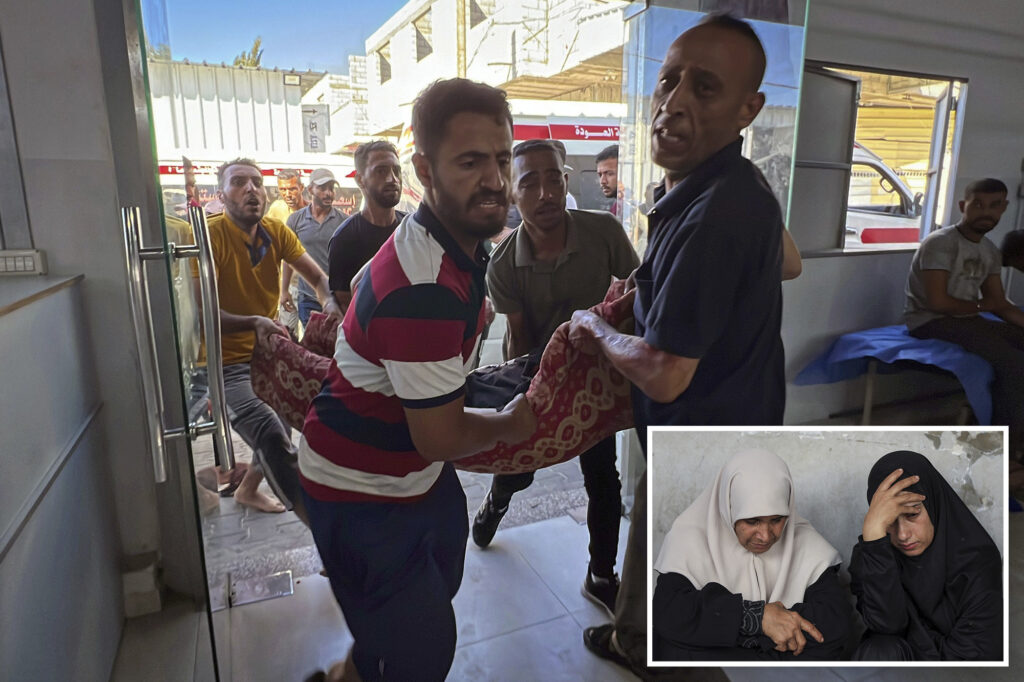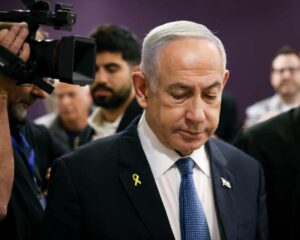
Israel is set to send a delegation to Qatar to engage in discussions aimed at securing a potential Gaza hostage and cease-fire agreement. This move, confirmed by an Israeli official, has reignited hopes for a resolution to the ongoing conflict that has persisted for nearly 21 months.
The Palestinian group Hamas announced on Friday that it had responded positively to a U.S.-backed cease-fire proposal. This development follows U.S. President Donald Trump’s recent statement that Israel had agreed to the necessary conditions to finalize a 60-day truce. The Israeli delegation is scheduled to depart for Qatar on Sunday, according to an Israeli official who spoke to Reuters on the condition of anonymity due to the sensitivity of the negotiations.
Challenges in the Negotiation Process
Despite the renewed diplomatic efforts, significant challenges remain. A Palestinian official from a militant group allied with Hamas expressed concerns over humanitarian aid, the passage through the Rafah crossing into Egypt, and the timeline for Israeli troop withdrawals. These issues underscore the complexities involved in reaching a comprehensive agreement.
Israeli Prime Minister Benjamin Netanyahu, who is expected to meet with President Trump in Washington on Monday, has not yet publicly commented on the cease-fire proposal. The positions of Hamas and Israel remain starkly opposed in public statements, with Netanyahu insisting on the disarmament of Hamas—a demand the militant group has consistently rejected.
Historical Context and Recent Developments
The latest escalation in the Israeli-Palestinian conflict was triggered on October 7, 2023, when Hamas launched an attack on southern Israel, resulting in approximately 1,200 Israeli casualties and the capture of 251 hostages. In response, Israel’s military operations in Gaza have led to devastating consequences.
Gaza’s health ministry reports that over 57,000 Palestinians have been killed in the ongoing conflict, which has also caused a severe hunger crisis and displaced the entire population of Gaza internally.
These developments have prompted international outcry, with accusations of genocide and war crimes being levied against Israel, claims that the Israeli government staunchly denies.
International and Regional Implications
The potential cease-fire and hostage negotiation have significant implications for regional stability. The involvement of Qatar as a mediator highlights the complex geopolitical dynamics at play. Qatar has historically maintained relations with both Israel and Hamas, positioning itself as a crucial intermediary in the negotiations.
According to regional experts, the success of these talks could pave the way for broader peace initiatives in the Middle East. However, the deep-seated mistrust between the parties and the ongoing humanitarian crisis in Gaza present formidable obstacles.
Looking Forward
As the Israeli delegation prepares for talks in Qatar, the international community watches closely. The outcome of these discussions could influence future diplomatic efforts and shape the trajectory of the Israeli-Palestinian conflict.
Meanwhile, the humanitarian situation in Gaza remains dire, with urgent calls for increased aid and international intervention. The resolution of these negotiations will likely have profound consequences for both the immediate region and the broader international landscape.
The world awaits further developments as the Israeli and Qatari delegations engage in what could be a pivotal moment in the pursuit of peace in the Middle East.







